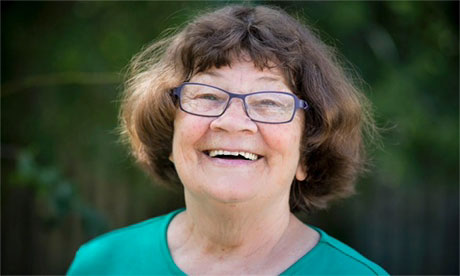When reading church teaching on sin, I tend to walk a parallel path, acknowledging the principles but interpreting them a different way.
Many women do this, because feminine spirituality tends to be different and complementary to the masculine model.
Our gender differences are shaped by our biological roles. For a man, sin usually affects personal integrity. For women, sin is almost always relational.
That list of seven deadly sins – pride, anger, lust, etc. – is masculine, and women recognise it as such. We too, could form a list and it would be about unkind thoughts, words and deeds.
It would look something like this: spite, jealousy, betrayal, gossip, manipulation, irrational emotion, lies. When I read this list to a group of women, there is much laughter. We all identify with it.
In scripture, there is a lot of emphasis on sin. The Jews believed that every bit of misfortune, be it illness, accident, sterility, attack, famine, flood, etc., was the result of sin.
Moreover, the effect of sin was passed down the generations – as outlined in the ten commandments, Exodus 20. Remember the man who was blind from birth? The disciples asked Jesus, “Did this man sin? Or did his parents?”
People with mental illness were said to be possessed by demons. In one of the non-canonical writings, a man excreting a tape-worm was said to have a demon coming out of his body.
With more understanding of how we are made, we tend to read all this in a historical, cultural context that belongs on a shelf with early Biblical descriptions of a flat earth.
But sin is a reality, and I pick up on that statement by one of the old church fathers, that we are part animal and part angel. Good description.
If you have worked with animals, you will know they are capable of cruelty and most of the other behaviours we call sins. Look at a cat with a mouse. It may not want to eat the mouse; it just wants to kill it very slowly.
We all have that animal potential in us, however, there is also the light of God in us. Somehow, working with the tension between the instinct for survival and the presence of God, makes our souls grow.
Growth is the message the church wants to get across. Vatican 11 makes us aware that pilgrimage is about movement and change, leaving burdens at the foot of Jesus’ cross and moving in freedom, to the spaciousness of God.
These days, most of us would see sin as error that can become a teacher, pointing towards the light, and we recognise that if we were perfect, we would have no room for growth. The shadow is our growing place.
We may not understand all of the process, but God does, and we can be sure that what may occasionally seem like chaos to us, is a small part of a perfect plan of love.
- Joy Cowley is a wife, mother, grandmother, great-grandmother and retreat facilitator.
News category: Analysis and Comment.




